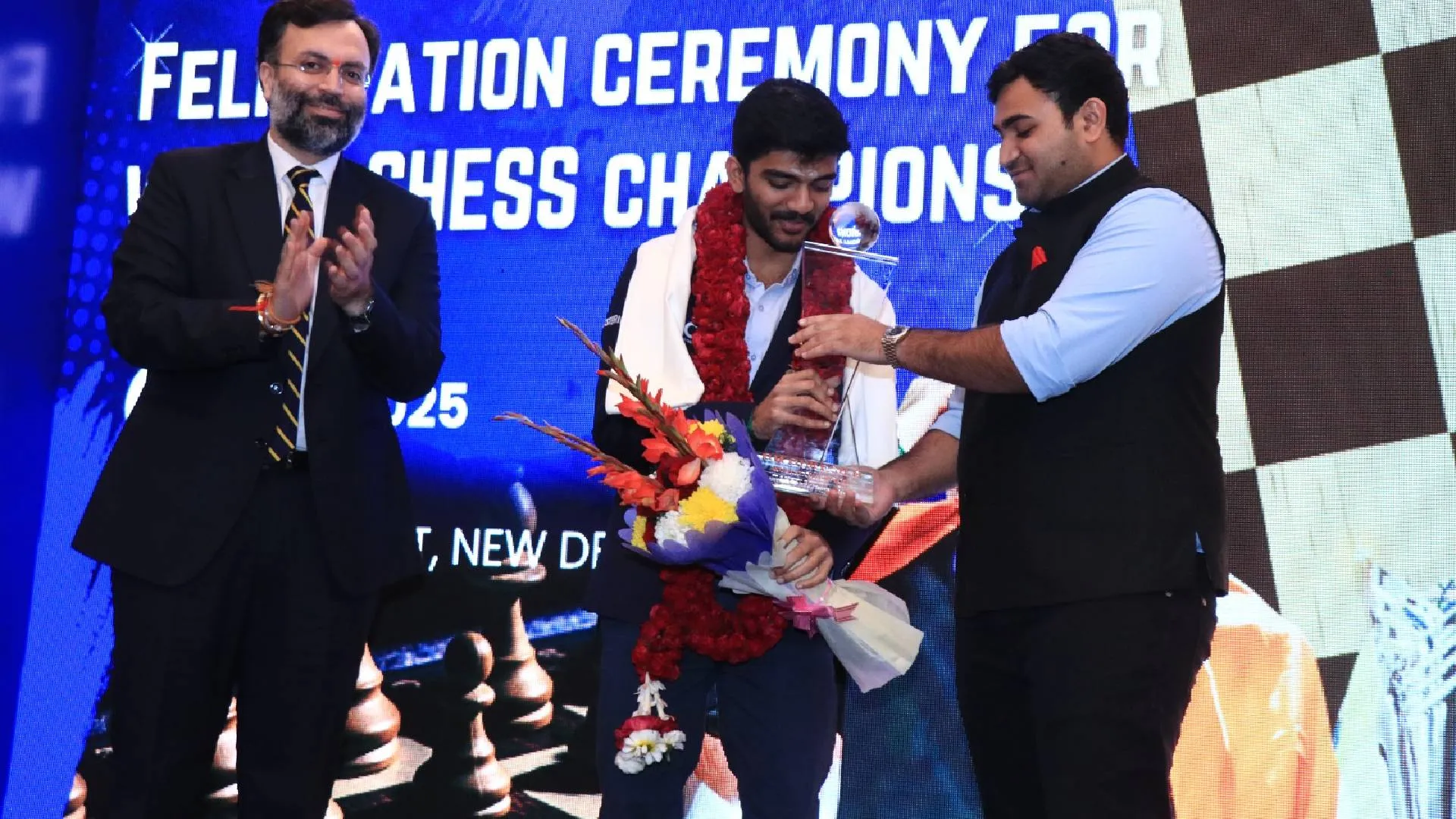Today we are going to be focusing on relationships and the changing nature of relationships and how it affects women in general. I am talking about live -ins, I am talking about same -sex relationships, I am talking about divorce, marriages or relationships where you are committed to each other but not living with each other. In fact, that is also now catching on these days. So, various kinds of relationships that people are exploring nowadays. The discussion will takes place with Alkaan Shidrahar, the managing partner at the law offices in India. Leher Kala, a columnist at the Indian Express who writes on trends, lifestyles and relationships. And Chalani Singh, the founder of Anvimet .com, a dating service that provides long -term relationships, not marriages. In fact, that helps in assisting, not provide sorry, helps in assisting long -term relationships.
Q. Where we all stand legally in terms of marriages and divorce.People are becoming more open to living relationships?
A. So, see, we all think that live -in relationship is a very relatively, a very so -called modern phenomena, but it’s not. As back as 1978 in Badri Prasad’s case, the Supreme Court had recognized the live -in. Basically saying that if two persons were staying together for a long period of time, that would be to being in a relationship and like a marriage. And recently now also under the Domestic Violence Act now, under, it’s been defined under section 2 F, it’s been defined that a person can domestic violence is when you can go to the court and to, from abuse against physical, mental, etc. So in that also now, live -in relationships have been accepted, saying that in a marriage -like relationship. So, that means now, live -in have been given a legitimate and a legal status. There’s no doubt in that. But, but having said that, there are a lot of judgments by the Supreme Court and also in recently in Allahabad high Court, in which they have said that live -ins, there’s no bar against them. It’s not illegal, but it may be immoral. So that just kind of goes on to show that, you know, I mean, a lot of work needs to be done on that, you know, but we are on the, like we said, the Constitution is a living document. It’s a living thing. So it interprets Constitution and the acts according to the new times and the new times are now the live -ins have become, you know, I mean, it’s, it’s relatively common now, and especially in few cities.
Q.Well, a case where the Constitution is more progressive than society, if it’s immoral, it’s legal, but it’s immoral. So even though we’re saying more and more couples opting for live –ins?
A I think, this entire generation of young people growing up in cities like Mumbai, Delhi, Madras, Jaipur, a lot of them are products of bad marriages. It’s not illegal, but it may be immoral. So that just kind of goes on to show that, you know, I mean, a lot of work needs to be done on that, you know, but we are on the, like we said, the Constitution is a living document. It’s a living thing. So it interprets Constitution and the acts according to the new times and the new times are now the live -ins have become, you know, I mean, it’s, it’s relatively common now, and especially in few cities. Well, a case where the Constitution is more progressive than society, if it’s immoral, it’s legal, but it’s immoral. So it’s, you know, even though we’re saying more and more couples opting for live -ins, I think. I think, you know, this entire generation of young people growing up in cities like Bombay, Delhi, Madras, Jaipur, a lot of them are products of bad marriages.
There’s a hesitation to sort of jump into a marriage. And that’s what I think. Like, I mean, I have a son who’s 20. I would insist that he have a live -in relationship, try it out, see whether it works, you know, suss it out before you get into something permanent. Because I think the emotional fallout of getting divorced and all is also very, very, it’s tough, you know.
Q. And if there’s an option to sort of try and avoid that and get to know yourself better through a live -in, why not? Now, as far as immorality goes, you know, that’s a judgment and that has no meaning.
A. But even in the courts, you have seen a lot of couples and especially of the same sex, they are having to go to the court to get the protection because their relatives and the parents are all wanting them not to be in such a relationship. So same sex, of course, is a whole new, that’s a new field altogether.
Q. So what’s the reason for parents not wanting to be in a live -in?
A. Because just because they’re going to get physically, I mean, intimacy is going to be there. That’s the whole thing. Right? Is that still an issue now, Shalini? Yeah, because no.
Q. So why aren’t you agreeing on live -in?
So because now publicly, your child is telling the world that I am in a relationship. I’m not married. Now, when you’re in a live -in, I think it is it’s a committed relationship, just like marriage, but without a legal contract or a legal document.

















